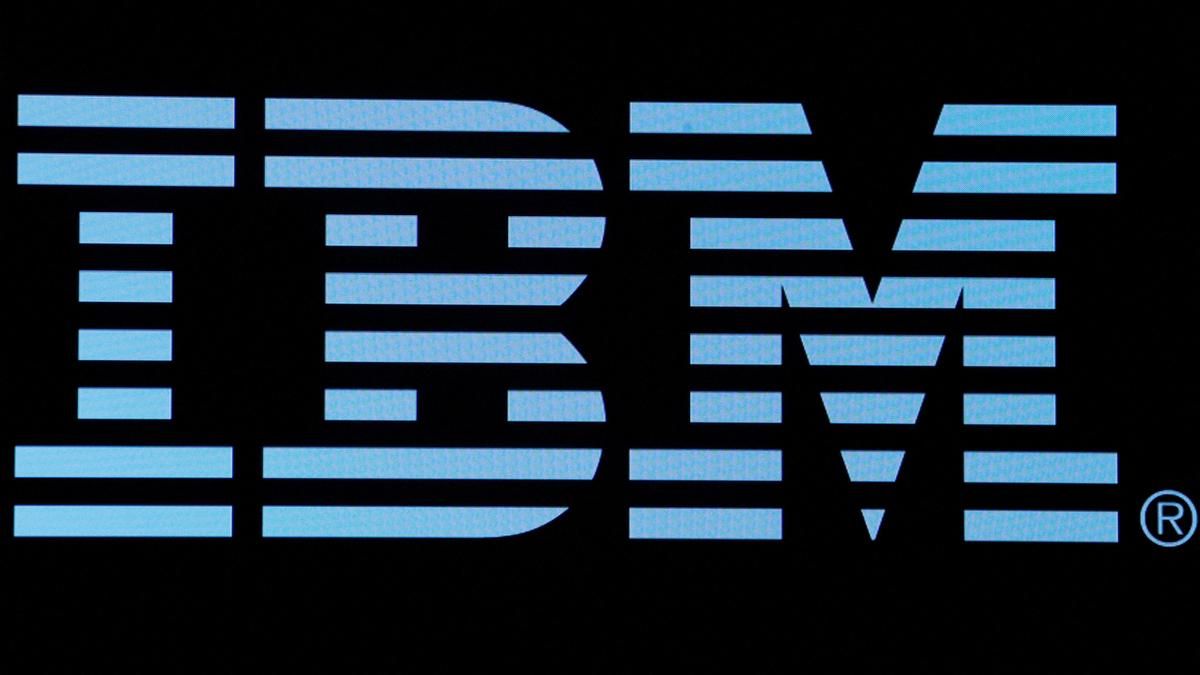IBM’s ‘Loon’ Quantum Chip Demonstrates Path Toward Useful Quantum Computing by 2029

IN NEWS: IBM’s ‘Loon’ Quantum Chip Demonstrates Path Toward Useful Quantum Computing by 2029
ANALYSIS
- Breakthrough Quantum Chip Development
- IBM has developed an experimental quantum computing chip named ‘Loon’, signalling a major milestone in the journey toward building practically useful quantum computers by 2029.
- The advancement was announced following tests demonstrating improved error-correction potential—one of the biggest hurdles in quantum computing.
- Quantum Error Correction Challenge
- Quantum computers process information using qubits, which are highly susceptible to noise and errors.
- Solving error correction is considered essential before quantum computers can outperform classical systems on real-world tasks.
- IBM’s approach, proposed in 2021, adapts an algorithm traditionally used for improving cellphone signalsand applies it to quantum error correction through the combined use of:
- Quantum chips
- Classical computing chips
- Complexity in Chip Design
- The new error-correction method requires building quantum chips with:
- Basic qubit structures.
- Additional quantum connections between qubits.
- Industry experts note this makes chip fabrication significantly more complex but represents a major advance in quantum engineering.
- The new error-correction method requires building quantum chips with:
- Supporting Classical Hardware
- IBM confirmed that conventional AMD chips can run the classical part of the error-correction algorithm, enabling hybrid quantum–classical systems.
- Manufacturing Advantage
- IBM leveraged the Albany NanoTech Complex in New York, which uses fabrication tools comparable to the world’s most advanced semiconductor factories.
- Future Developments and Other Chips
- Alongside Loon, IBM also introduced another chip named ‘Nighthawk’, which is expected to become available by the end of the year.
- IBM projects that Nighthawk may outperform classical computers on certain tasks by the end of next year.
- IBM is partnering with startups and researchers to openly share code, enabling broader validation of quantum advantage claims.
- Industry Context
- Major firms such as Google, Amazon, and IBM are in a global race to achieve error-corrected, functional quantum computers.
- The drive toward community-based testing reflects a shift toward transparency and collaborative development in the quantum ecosystem.
STATIC PART (AS PER INPUT)
- Quantum Computing Basics
- Quantum computers use qubits, which operate on principles such as superposition and entanglement, enabling vastly more parallelism than classical bits.
- Quantum Advantage
- Refers to the point where quantum computers outperform classical computers on specific tasks.
- Requires stable, error-corrected qubit systems.
- Error Correction Importance
- Essential because quantum computations collapse easily due to environmental noise.
- Involves redundancy and algorithms that detect and correct quantum faults without measuring the actual data.
- Role of Hybrid Quantum-Classical Architecture
- Modern quantum systems rely on classical chips for control, optimization, and error-correction logic.